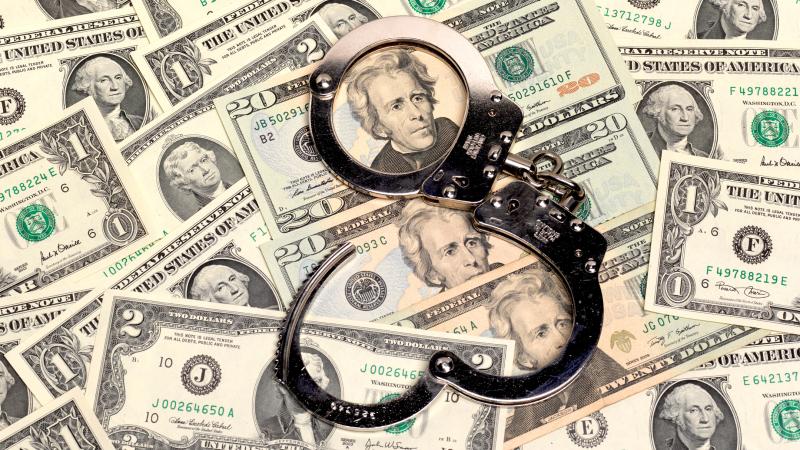Federal jury convicts Navy sailor of spying for China in exchange for $12,000
“The defendant’s actions represent an egregious betrayal of the trust placed in him as a member of the U.S. military,” U.S. Attorney Adam Gordon said
A federal jury convicted a Navy sailor of spying for China in exchange for $12,000, according to the U.S. Attorney's Office for the Southern District of California.
The sailor, Jinchao "Patrick" Wei, 25, was convicted on Wednesday of six crimes, including conspiracy to commit espionage, espionage, and unlawful export of, and conspiracy to export, technical data related to defense articles in violation of the Arms Export Control Act and the International Traffic in Arms Regulations, per the Justice Department.
He is a China-born naturalized U.S. citizen, and was found not guilty of one count of naturalization fraud. His sentencing is scheduled for Dec. 1.
Wei received $12,000 over 18 months for selling Navy secrets while working as a machinist's mate on the amphibious assault ship, the USS Essex, at Naval Base San Diego, Calif., before his arrest in August 2023.
Federal prosecutors told the jury during the five-day trial that Wei held a U.S. security clearance and had access to sensitive national defense information about Essex's weapons, propulsion, and desalination systems.
A Chinese intelligence officer recruited Wei via social media in February 2022 after initially portraying himself as a naval enthusiast who worked for the state-owned China Shipbuilding Industry Corporation, according to prosecutors.
Per the Chinese intelligence officer's request, Wei sent photos and videos of the Essex, "advised the officer of the location of various Navy ships, and described the defensive weapons of the Essex" from March 2022 until his arrest, DOJ prosecutors said.
"Wei called his handler 'Big Brother Andy' and obliged requests to keep their relationship secret," and used encrypted apps and other methods, including a new computer and phone provided by his Chinese handler, per the evidence.
"The evidence showed that even during the early days of his espionage career, Wei strongly suspected the intelligence officer's true identity and motive," the DOJ said.
Wei told a Navy friend he thought he was "on the radar of a China intelligence organization" after the Chinese officer offered to pay him $500 and said he was "no idiot" and that "this is quite obviously f**king espionage," according to the DOJ.
While Wei’s friend suggested that he delete the contact, the next day, Wei transitioned his communications with the Chinese officer to a different encrypted messaging app that he believed was more secure and began spying for him.
“The defendant’s actions represent an egregious betrayal of the trust placed in him as a member of the U.S. military,” U.S. Attorney Adam Gordon said. “By trading military secrets to the People’s Republic of China for cash, he jeopardized not only the lives of his fellow sailors but also the security of the entire nation and our allies. The jury's verdict serves as a crucial reminder that the Department of Justice will vigorously prosecute traitors.”
For the espionage charges, Wei faces maximum sentences of life in prison and $250,000 fines. The export defense articles without a license charges include a maximum prison sentence of 20 years and a $1 million fine.













